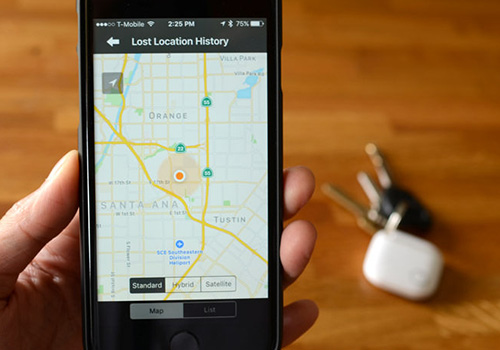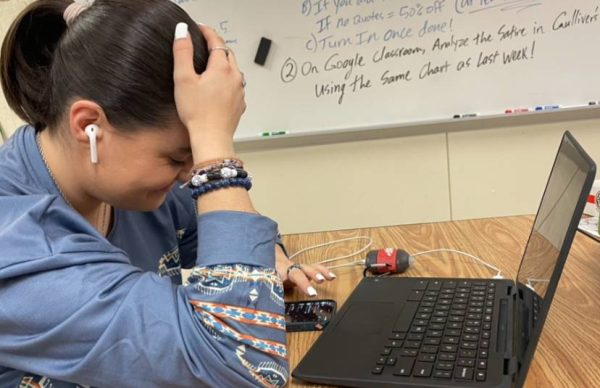Tracking the truth
Technology parents use to monitor kids’ location attracts controversy

Location services on cellphones allow parents to track children.
September 19, 2018
New technologies have made tracking possible, but only a few years ago this was not something that could be done.
This new idea is creating conflict considering parents are not sure whether it is an effective and beneficial thing to do.
With new technology giving access to knowledge on the whereabouts of their children 24/7, the inevitable question rolls through a parent’s mind: “Is my child being truthful about where they are?”
The battle a parent faces is deciding whether or not to track their child(ren).
By breaking the barrier of trust and deciding to track their child, a teen begins to feel like their parents do not trust them and that they have messed up in some way. On the flip side, a parent never knows if their child is being truthful and tracking them is a way to ensure there are no lies.
Tracking teens also ensures safety, it keeps children out of trouble by ensuring they are in a safe environment.
The Pew Research Center found that “a full 16 percent of parents do” track their children ages 13-17, according to The New York Times.
The argument goes both ways: if a teen is not doing anything wrong, they should not have a problem with a parent tracking them, but if a parent trusts their child, they should not have a need to track them.















